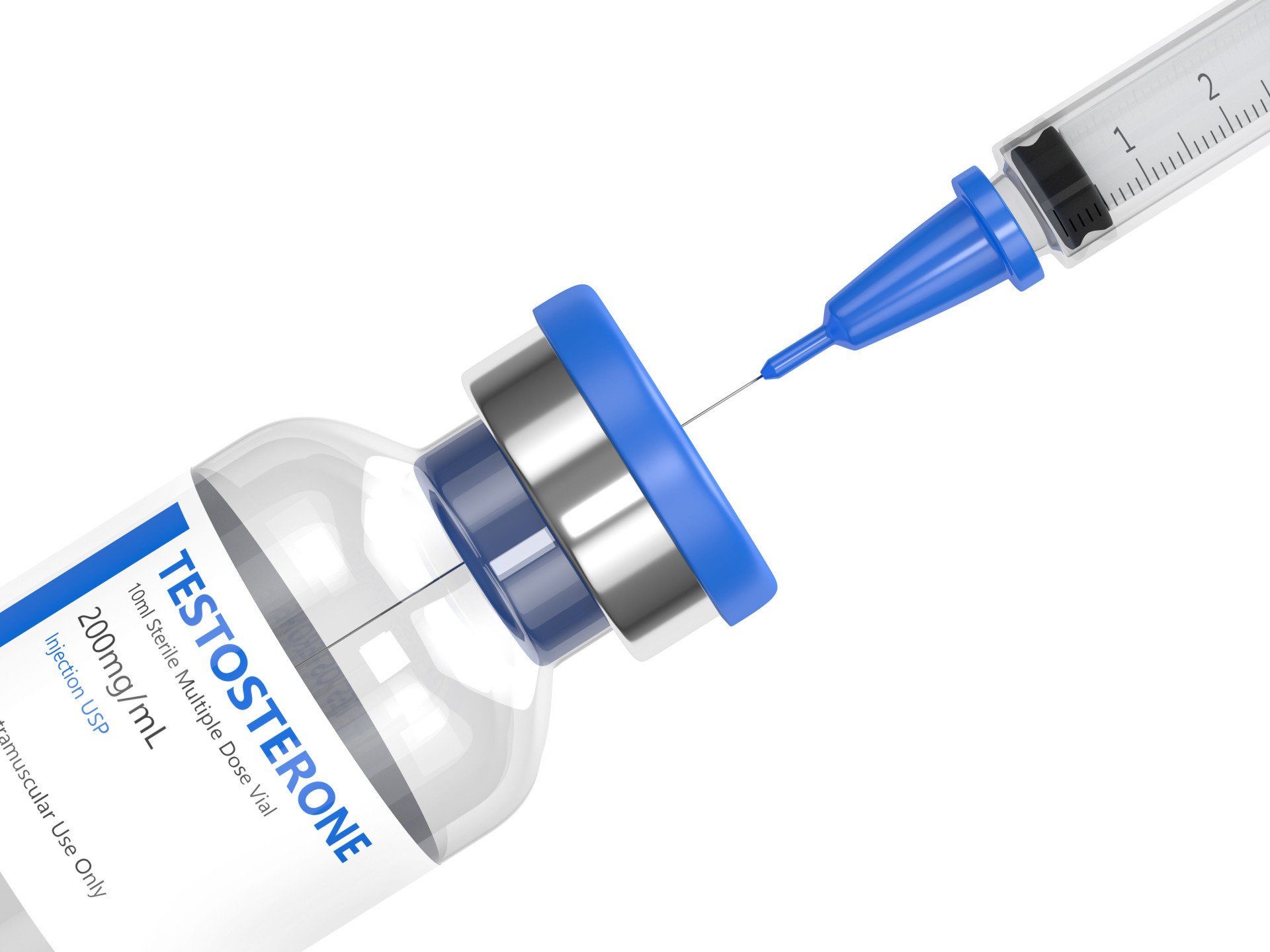What Affects Testosterone Levels?
Testosterone is a vital hormone predominantly found in males, playing a key role in regulating sex drive, bone mass, fat distribution, and muscle strength. Understanding what affects testosterone levels is essential, as it directly impacts health and well-being. This discussion delves into various factors that influence testosterone levels, shedding light on the intricate hormonal balance that governs numerous bodily functions. For individuals experiencing low testosterone, low T therapy can provide a valuable solution to restore hormonal balance. Here are some factors that affect testosterone levels.
Age and Testosterone Levels
Age is one of the most significant factors affecting testosterone levels. According to research from the Cleveland Clinic, low testosterone impacts nearly 40% of men aged 45 and older. As men age, testosterone production naturally declines, leading to symptoms such as decreased libido, fatigue, and loss of muscle mass. This decline is often gradual, but factors such as chronic illnesses or poor lifestyle choices can accelerate the process. Low T therapy is often recommended for older men seeking to manage the symptoms of declining testosterone levels effectively.
Nutrition and Body Composition
Diet and body composition also play crucial roles in testosterone production. Nutritional deficiencies, particularly in zinc and vitamin D, can negatively affect hormone levels. Additionally, a high body mass index (BMI) is associated with lower testosterone levels due to the conversion of testosterone to estrogen in adipose tissues. Maintaining a balanced diet rich in essential nutrients and managing a healthy weight are fundamental strategies for supporting optimal testosterone levels.
The Impact of Lifestyle Choices
Lifestyle habits significantly influence testosterone levels. Factors such as chronic alcohol consumption, smoking, and certain medications, including opioids and anabolic steroids, can suppress testosterone production. While moderate alcohol intake might not cause severe effects, prolonged excessive consumption can lead to hormonal imbalances. Adopting a healthier lifestyle, such as regular exercise and stress management, can help preserve hormonal health and reduce the risk of low testosterone.
Testosterone levels are influenced by a complex interplay of age, nutrition, body composition, and lifestyle choices. Low T therapy is an effective approach for those needing additional support to restore hormonal balance. Understanding these influences helps individuals implement strategies to maintain balanced testosterone levels, fostering overall health and vitality. Reach out to John R Smyer MD for more information and to get started today!







Share On: